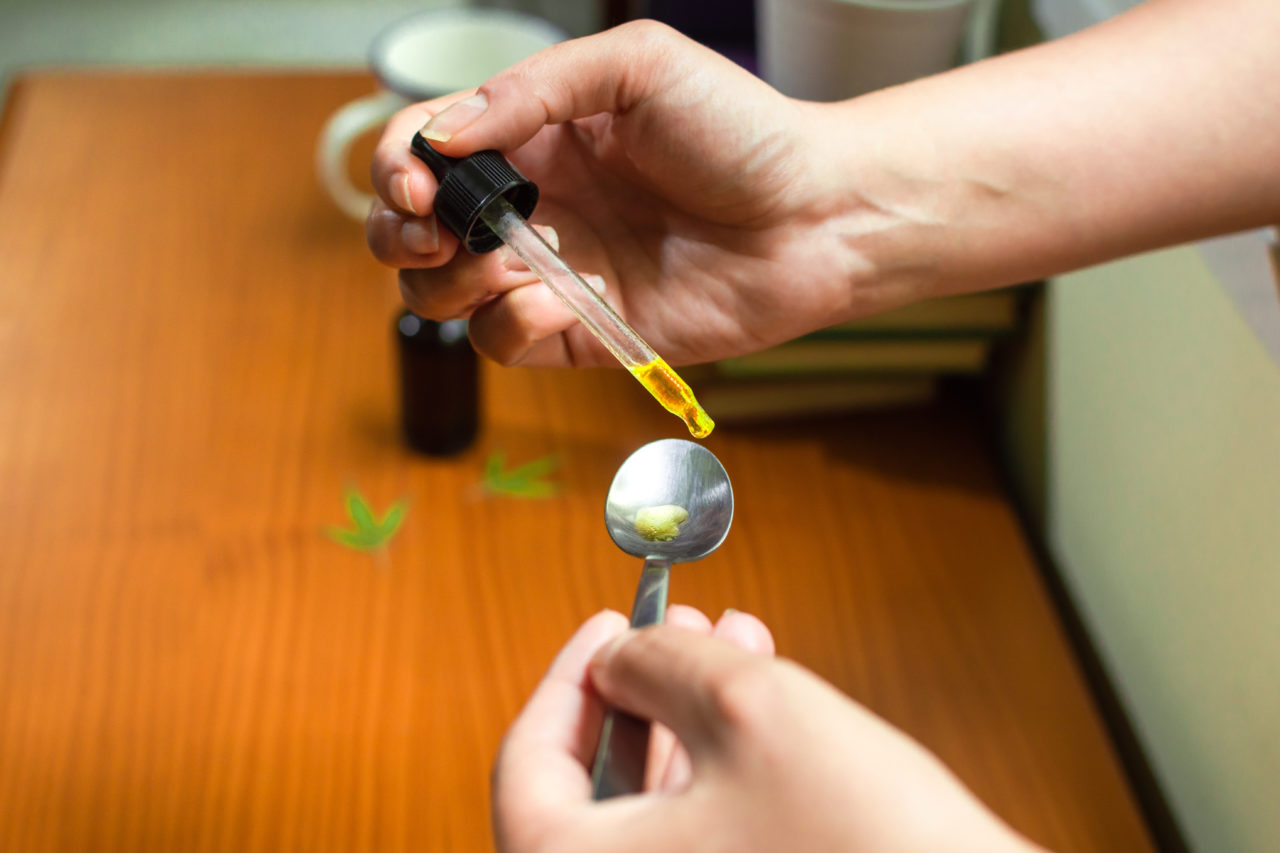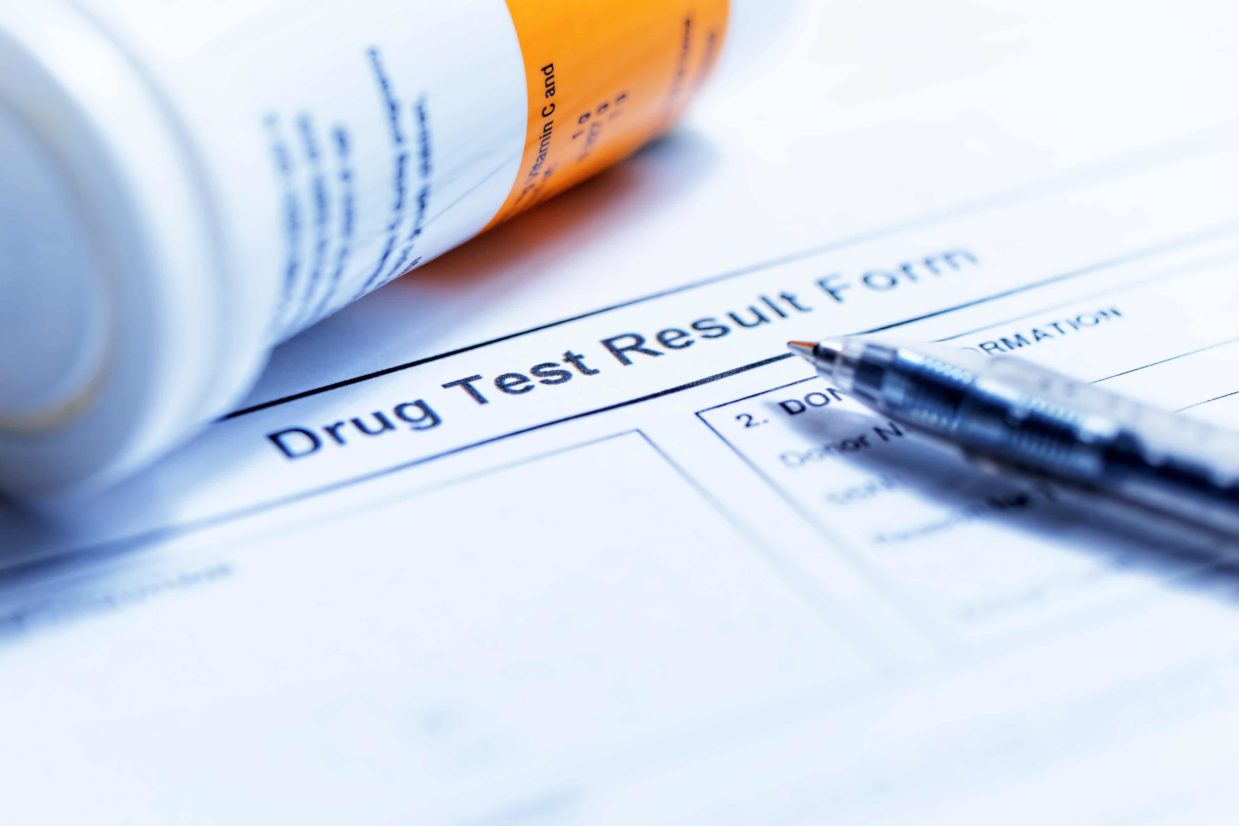It would be nice if any entrepreneur willing to invest the time and money could get involved in the medical cannabis space as a grower, processor, or pharmacy owner. But that is not the case. And in fact, nearly every state that allows medical marijuana has a rigid licensing system in place.
State licensing serves a purpose. Whether we like it or not, licensing allows officials to keep medical marijuana programs under control. Anyone wishing to obtain and maintain a license must adhere to strict rules and regulations.
In Utah, our medical cannabis program divides licenses into four categories. Two of the five categories have additional license tiers for more specialization. The remainder of this post will serve as a basic introduction to the different licenses and how these affect medical marijuana in Utah.
1. Industrial Hemp License
We start with the industrial hemp license, given that industrial hemp is legal in all fifty states. When it is being cultivated and processed for medical purposes, there are three types of licenses involved:
- Grower License – Allows cultivators to grow the plants for sale in or out-of-state.
- Processor License – Allows entrepreneurs to process raw plant for a variety of uses.
- Retail Permit – Allows for the sale of CBD products at the retail level.
It should be noted that many of the rules that govern the use of CBD as a medical substance vary from the rules applying to THC products. That’s why licensing is different.
2. THC Cultivator License
Medical cannabis in Utah contains THC. There are four license categories dealing with THC products, the first being the cultivator license. Utah has only licensed eight cultivators at the time of this writing; it remains to be seen whether or not they grant additional licenses in the future.
Some of the best-known Utah cultivators include Dragonfly Greenhouse, Wholesome AG, and Oakbridge Greenhouses. Cultivators are the agricultural enterprises providing all of the raw biomass for state processors.
3. THC Processor License
Processors are those enterprises that take raw cannabis and turn it into usable products. Many of their processes involve extracting THC and terpenes for use in making everything from vaping cartridges to tinctures and gummies.
Processor licenses are divided into two tiers. A tier 1 license allows for full processing of raw plant material. A tier 2 license allows the processor to package and label products. At the current time, processor licenses are not restricted in number. Any entrepreneur wanting to open a processing facility could do so provided their facilities meet state standards and they obtain a Good Manufacturing Permit.
4. Retail License
To operate a medical cannabis pharmacy in Utah, like Beehive Farmacy in Brigham City and Salt Lake City, one must have a retail license. To date, Utah has only issued fourteen such licenses. Recent changes to the law allow for a fifteenth license; it is believed the license will be issued to an organization willing to establish a rural pharmacy at some point later in 2021. All retail license holders are expected to have their pharmacies open by June 2021.
5. Laboratory and Testing License
Last but not least are the licenses that laboratories and testing facilities are required to obtain. A lab and testing license ensures a facility is following state standards. In turn, this guarantees patients are getting safe and effective medical cannabis products.
It is true that licensing can sometimes be burdensome and slowed by red tape. But it’s a necessary evil. At least now you know that licensing plays a significant role in the state’s medical cannabis program.



